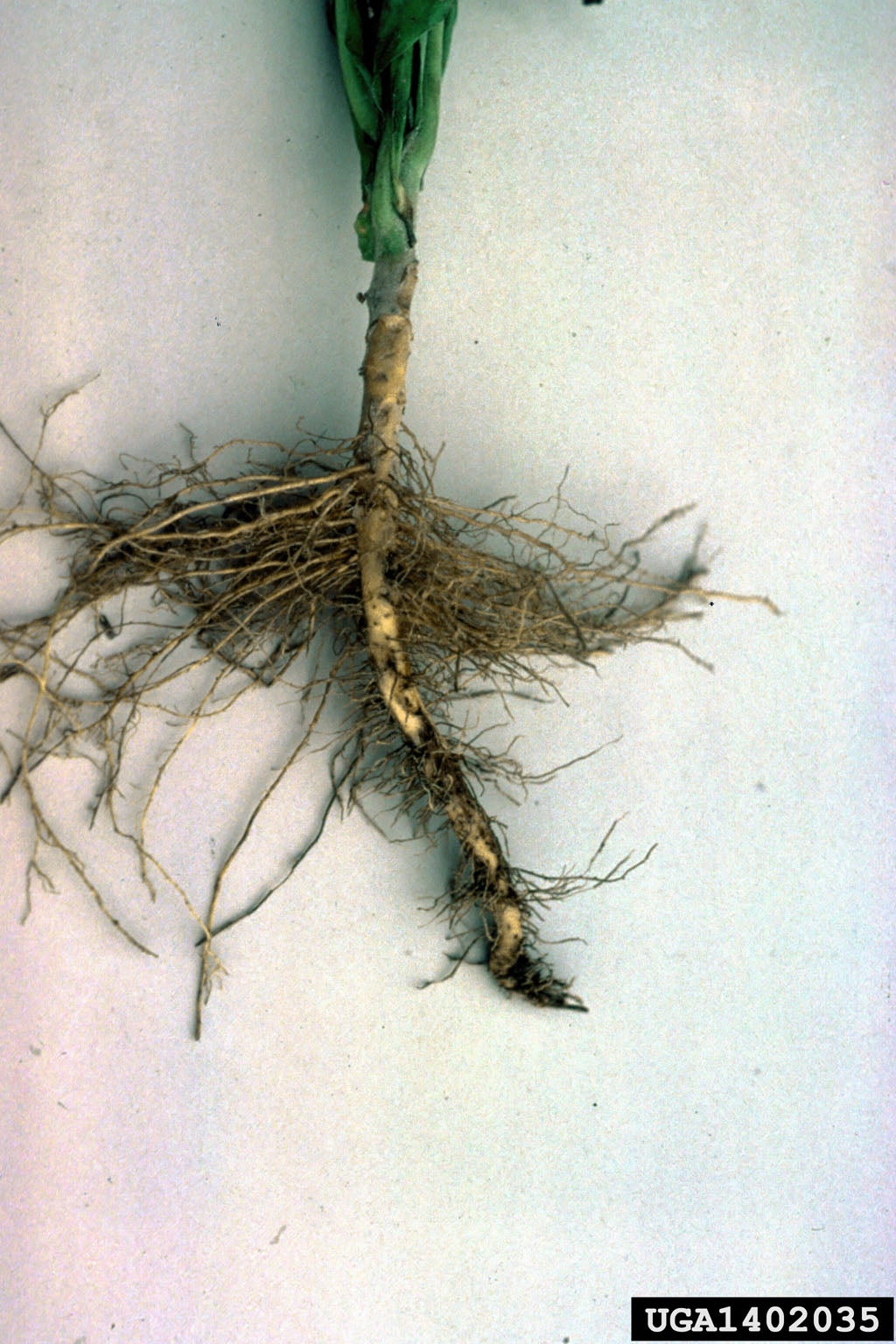Lesion Nematode Information: What Are Root Lesion Nematodes


Sign up for the Gardening Know How newsletter today and receive a free copy of our e-book "How to Grow Delicious Tomatoes".
You are now subscribed
Your newsletter sign-up was successful
What are root lesion nematodes? Nematodes are microscopic roundworms that live in the soil. Many types of nematodes are beneficial for gardeners, helping to process and decompose plant matter for healthy plant growth. Unfortunately, root lesion nematodes are anything but helpful; the parasitic pests cause tremendous damage to a number of plants, including grains, cereals, vegetables, and many herbaceous and woody plants.
While root lesion nematode management is difficult, there are things that may help keep the pests in check. Read on to learn how to prevent lesion nematodes.
Root Lesion Nematode Information
Root lesion nematodes spread rapidly in contaminated soil. The pests, which damage plants by puncturing the cells, are active when the soil is wet, becoming dormant when conditions are dry.
Affected plants aren’t always killed, but their ability to absorb moisture and nutrients from the soil is significantly reduced. Plants are more susceptible to pathogens, such as verticillium wilt, after the roots have been damaged and weakened by nematodes, and they are more likely to die in drought conditions.
Lesion nematode symptoms include yellowing of leaves. Plants have a ragged appearance, and may look like they’ve suffered insect damage or environmental stress. Roots of plants affected by lesion nematodes are short and affected plants are easy to pull. The roots may have tiny brown lesions, although the lesions may be large enough to look like warts.
How to Prevent Lesion Nematodes
Root lesion nematode management may be difficult but here are some things that can be done to prevent the pests in your garden:
Plants that are properly watered and fertilized are less susceptible to damage by root lesion nematodes. Soil should be well-draining and never allowed to remain continually soggy.
Sign up for the Gardening Know How newsletter today and receive a free copy of our e-book "How to Grow Delicious Tomatoes".
Plant resistant varieties whenever possible. Keep weeds in check, as many grassy and broadleaf weeds may harbor root lesion nematodes. Crop rotation may help, depending on the species.
Nematicides may be useful, but you must know exactly what type of nematode you’re dealing with. Nematicides aren’t practical for home gardeners, however, and are generally applied by professional pesticide applicators.

A Credentialed Garden Writer, Mary H. Dyer was with Gardening Know How in the very beginning, publishing articles as early as 2007.